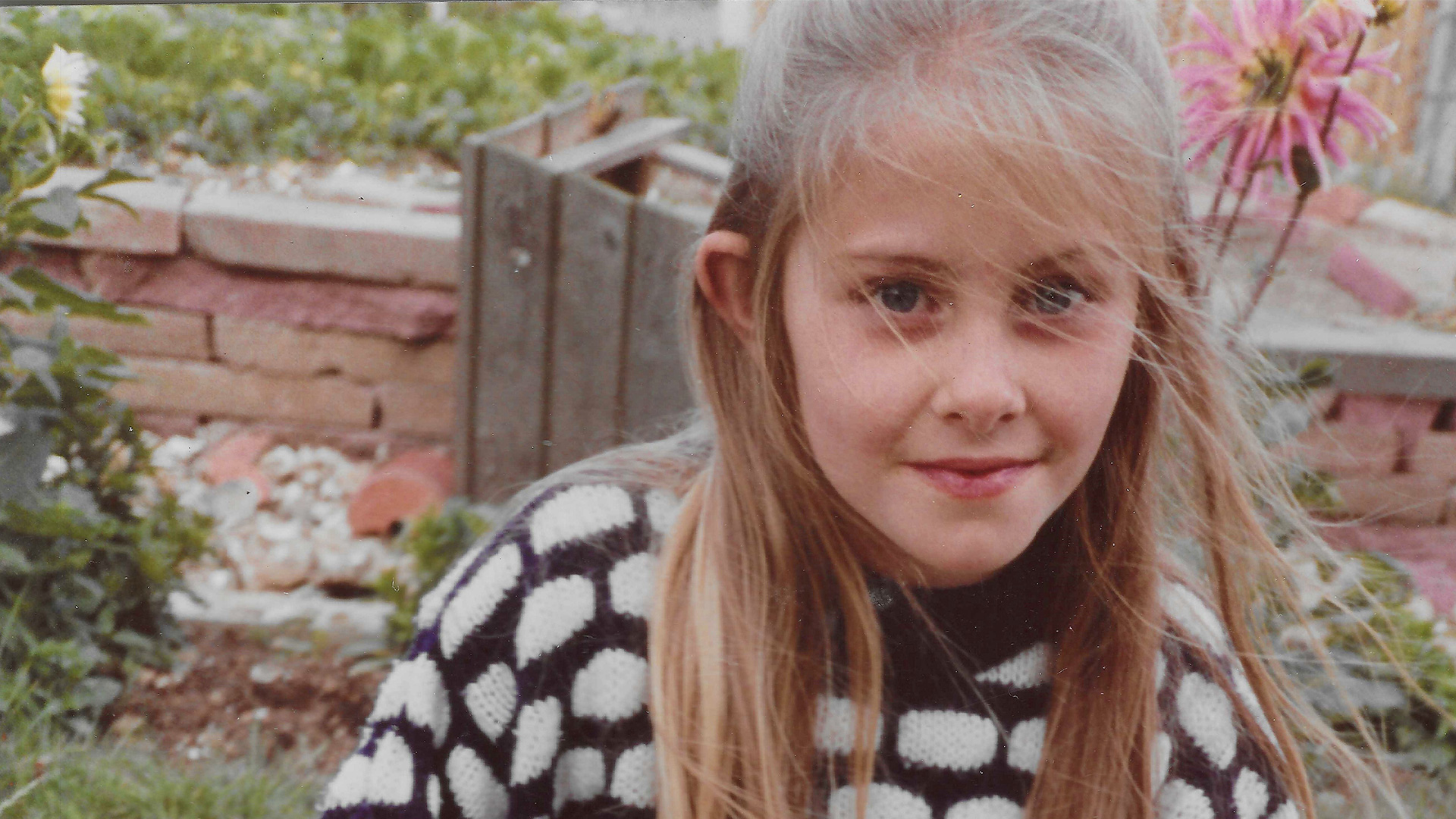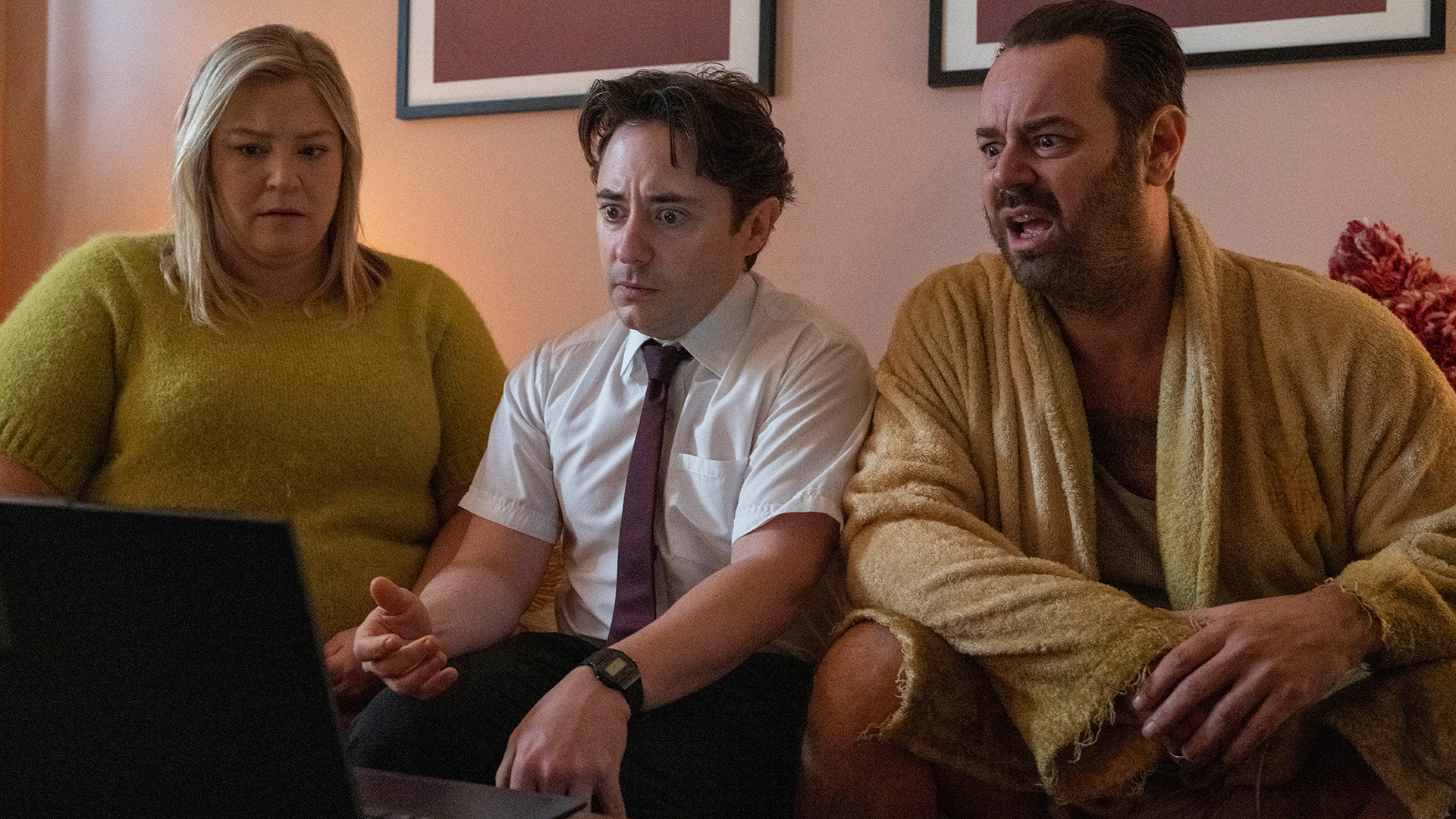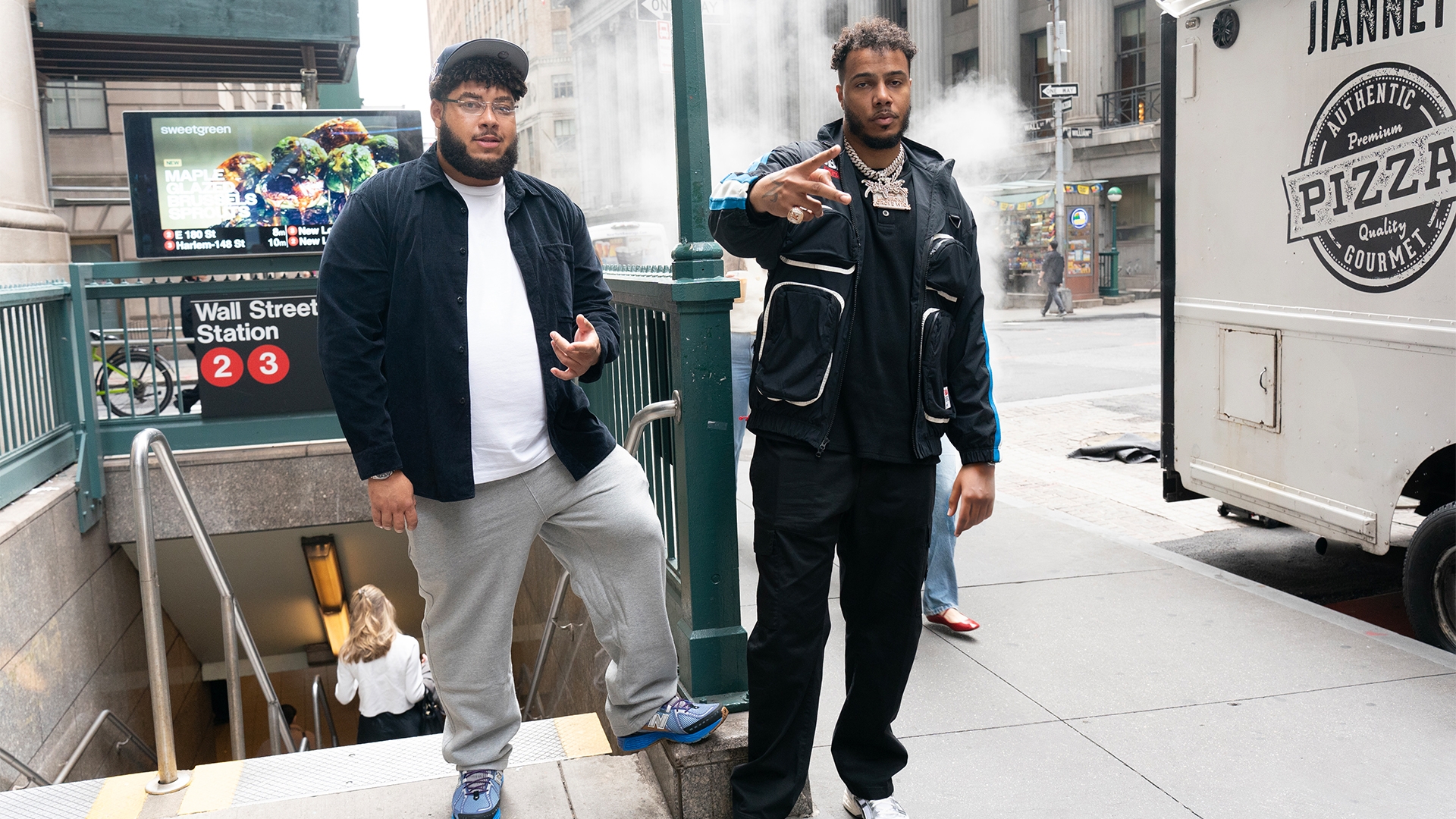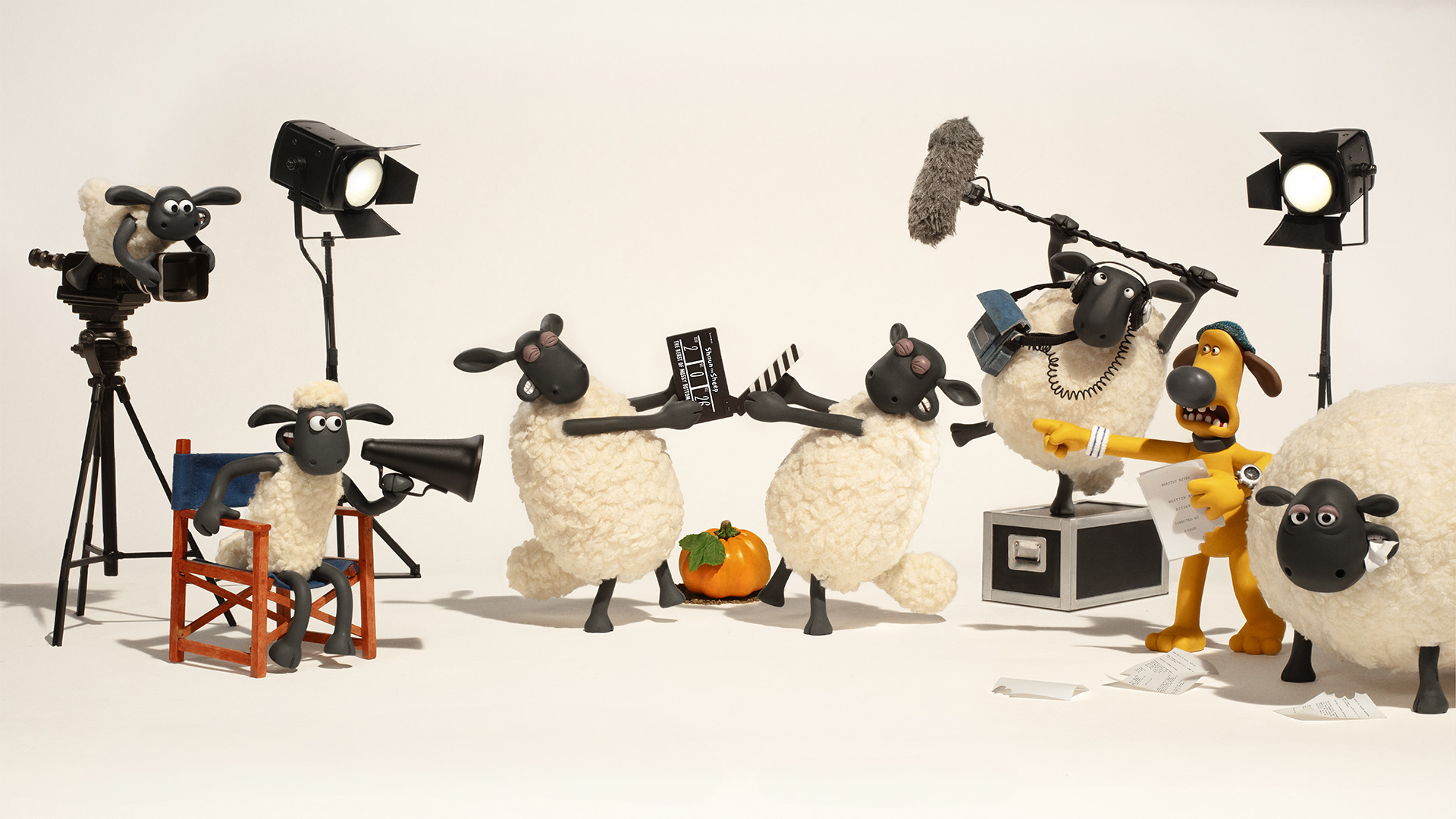Sunday with Niall Paterson Interview with Shami Chakrabarti
ANY QUOTES USED MUST BE ATTRIBUTED TO SUNDAY WITH NIALL PATERSON, SKY NEWS
NIALL PATERSON: Labour’s Brexit position, in the words of the Shadow Chancellor, has evolved – a pretty generous assessment of what looks like a pretty seismic shift in policy but the party is already under pressure to go further with a letter in today’s Observer from more than 80 senior party figures including 37 MPs, demanding that Labour commit to the single market as well as a customs union after Brexit. That is something we will of course be discussing with Labour’s Shadow Attorney General, Baroness Chakrabarti, who joins me now. Lovely to see you again, a very good morning. Can we start first with your visit to Yarls Wood and clearly the people inside there are desperate to get out, you and the Shadow Home Secretary have been desperate for almost a year now to get inside, what did you discover?
SHAMI CHAKRABARTI: Well it was more than a year actually and that’s the first point to make. In a democracy should it take nearly 18 months for the Shadow Home Secretary to be allowed to visit these people who feel desperate, who feel forgotten? It’s no surprise that people who are held indefinitely – so they don’t know when they are going to be released – are going to be desperate, that is the policy, that’s an inhumane policy that we want to end in government but I was also concerned about aspects of the regime inside the centre. There are a number of women who say they’ve been on hunger strike yet the managers of Serco, the private company that runs the establishment, flatly deny that.
NP: Yes, I heard there was a pretty heated discussion with the GP.
SHAMI CHAKRABARTI: And that’s the other thing, there were women expressing concerns about their healthcare, saying that before they were detained they had access to various medication or they were pending operations on the outside, that all evaporates when they come in. They’re told some of them that they are being drama queens or offered a paracetamol. When we tried to, very politely I promise you, express this to the GT doctor, the young doctor employed by G4S, a different private company profiting from this human misery, he was really incredibly defensive and angry that we should even be coming in to the establishment and that really surprised me because I would expect doctors to be doctors first and company employees second.
NP: I suppose the question is, is there anything illegal taking place there?
SHAMI CHAKRABARTI: Look, we went in on a supervised visit. It is very difficult for us to get under the skin of what happened in the way that undercover journalists and so on can. I think there needs to be much more transparency, I think more people including the media ought to be allowed regular access to these women. They are not getting proper access to decent legal advice and that’s a massive problem so I think the policy stinks and the establishment probably needs to be closed down in due course.
NP: On Brexit, once again we see Labour edging closer to a very explicit position, a big speech from your leader tomorrow, what’s he going to say? A customs union, the customs union?
SHAMI CHAKRABARTI: I heard you talk about a seismic shift, which obviously is your job because you want people to wake up on a Sunday morning and not turn off.
NP: Take me after the rugby result yesterday, yes.
SHAMI CHAKRABARTI: Absolutely. I don't think you’re going to get a seismic shift, I don’t feel that we’re in a very different place from when I last discussed Brexit with you but what we are going to get is more flesh on the bones as you would expect at this point in the process from a Prime Minister in waiting. We have said that we honour the referendum result, even those of us who are passionate Remainers and campaigned in the other direction, but there is democracy and there is a result.
NP: A customs union, the customs union is perhaps something of a distraction anyway given that …
SHAMI CHAKRABARTI: It is.
NP: … it’s just whether you sign a bilateral or whether you sign it under a European Union framework, however I thought a customs union would be a disaster, that’s what the Shadow Brexit Secretary said to me sitting in that very chair, he said we would be a vassal state of the European Union, he actually sounded quite Rees Moggy to me.
SHAMI CHAKRABARTI: That is the customs union rather than … that’s a question about making sure that you have some say about what the standards are and what rules you’re living under and that’s a matter for negotiation because you clearly don’t want to be the vassal state etc, etc, but it’s incredibly important that we have a decent deal and a close partnership with our nearest neighbours. We also don’t want a hard border on the island of Ireland and that’s something that we take incredibly seriously in the Labour party because the Good Friday Agreement was an incredibly important achievement.
NP: Sure but what you also want is the ability to sign free trade agreements outside of your relationship with the European Union, what happens if the EU says no?
SHAMI CHAKRABARTI: Well this is a matter for, this is all a matter for negotiation. We know what our values are but I have been in the room with Jeremy Corbyn and seen the Europeans who have been in that room and all I can tell you is those were very friendly rooms because they trust us, they trust our values on environmental protection, workers protection, human rights protection and we know that …
NP: But what happens if they say no?
SHAMI CHAKRABARTI: Well that’s a matter, that’s a question for negotiation. What I am saying is I have no doubt in my mind that it would be much easier for us to negotiate a decent deal with our European friends than it is for the Conservatives with a fairly brittle and at times toxic relationship in their negotiations.
NP: The reason I ask the question is I’m wondering what the priority would be, whether it is the customs union, a customs union with the European Union or whether it is the ability to be able to sign free trade agreements. Now if they say no, if it can’t be included in the bilateral agreement for a customs union, would you rather be in a customs union without that ability or would you rather be outside of the customs union?
SHAMI CHAKRABARTI: You know what I’m going to say, the priority is the economy and is jobs for people and I am not going to get into hypotheticals about people saying no to XY and Z. I think that that is a mistake but the difference between us and the Conservatives is really a difference of values about the kind of country that we want to be going forward. I would have thought that the Archbishop of Canterbury for example will be welcoming Jeremy Corbyn’s speech tomorrow because he shares our concern about this very unequal, very divided Britain where the most vulnerable are crushed by austerity.
NP: I thought that protecting jobs and respecting the result of the referendum, I mean they are entirely contradictory aren’t they?
SHAMI CHAKRABARTI: Not necessarily, not necessarily. It’s not … everything isn’t whether you are in or out of the European Union, the question now is what kind of relationship you have with your closest neighbours and what kind of a Britain you want to build post-Brexit and that I think is what Jeremy Corbyn is going to talk about tomorrow and our vision is a world away from that of the Tory party at civil war.
NP: In what way is it respecting the result of the referendum to enter into a customs union whereby we restrict our ability to do deals with the rest of the world.
SHAMI CHAKRABARTI: Well let’s see what that looks like.
NP: It’s the great betrayal argument again about Labour, that you’re not listening to your heartlands, you’re not listening to the millions of people who support Labour who voted against leaving the EU.
SHAMI CHAKRABARTI: We absolutely are because we are leaving and we absolutely are because for example …
NP: How is it leaving if you can’t sign free trade agreements with the rest of the world? It’s really confusing.
SHAMI CHAKRABARTI: What I think people in our heartlands are really worried about is for example the posting of workforces to undercut their terms and conditions and their wages. What I think people in our heartlands are desperately worried about are housing and homelessness and austerity and that’s what we …
NP: And Brexit.
SHAMI CHAKRABARTI: Yes but Brexit becomes an existential issue until you start talking about what it means for people which is they want jobs, they want to benefit from economic prosperity and not see it only benefitting a very small minority of people in this country. What Jeremy will do tomorrow is make this relationship between all the noise about Brexit and what really concerns people in their daily lives.
NP: What’s so wrong with the single market? I mean just as Jeremy Corbyn is putting the finishing touches to tomorrow’s speech, we’ve got Labour MPs, MEPs, your peers, trade unionists all suggesting that we should remain in the single market, what’s wrong with it?
SHAMI CHAKRABARTI: Well we can’t remain in the … it’s back to your semantics, we’re not going to remain in the single market, we’re not going to be members of the European Union but we want the closest possible relationship with our neighbours, whether it’s on matters of trade and we want access to that market, it’s incredibly important for us and for our European partners, but also we want co-operation on security, on medicines control, on food standards and so on. Do you know what, I believe that most European leaders trust us when we say that and it’s a very, very different set of values from the Conservatives.
NP: We’ve often heard in recent weeks and months that there’s no place for anti-Semitism in the Labour party, is there a place for Ken Livingstone?
SHAMI CHAKRABARTI: Well, obviously I’m not judge and jury in relation to Ken Livingstone or anyone else. He has been suspended from the party for some time but equally people report that he has said things and done things since that suspension so that is something that the National Executive Committee of our party is going to have to look at.
NP: Well on that point, isn’t it the case that no one has been judge and jury in the case of Ken Livingstone? The inquiry announced by Jeremy Corbyn some ten months ago hasn’t even started.
SHAMI CHAKRABARTI: Well no, Ken …
NP: What does that say about the Labour party’s commitment to dealing with anti-Semitism?
SHAMI CHAKRABARTI: Ken is currently suspended from the party in relation to findings against him and it is clear to me that before any prospect of him being allowed back into the party, subsequent matters need to be looked at. That is due process and that is what I think we should follow.
NP: Okay, do you think that Hitler was a Zionist? You understand just how insulting it was, to see this on Iranian television of all things, on Holocaust Memorial Day, making those comments?
SHAMI CHAKRABARTI: Absolutely, I completely condemn those comments, I completely condemn those comments but they should be properly adjudicated on by the National Executive of the Labour party.
NP: It sounds a bit like you are being judge and jury there.
SHAMI CHAKRABARTI: Well I have my opinion but other people have their opinions and he is entitled to due process, that is very important when you’re dealing with bad behaviour in any institution or political party.
NP: Do you accept that your report into anti-Semitism within the Labour party, made before your ennoblement of course, was considered a whitewash by many Jewish members of the party?
SHAMI CHAKRABARTI: I know what people have said but there are other people who have said they would like to see that report fully implemented and that’s really what I’m working towards now. What we’ve seen is a change in standards, we’ve seen a more explicit change in standards so that certain phrases and certain ways of talking about your fellow party members are now clearly ruled out in the party, that’s clear, but what we need to do more of is to deal with this due process point. That’s not just being fair to the person accused, that’s being fair to the people who have been abused and making sure, as you have indicated, that they get earlier due process as well.
NP: We learned this week that a change is coming for the ownership of the free press in this country and Mr Corbyn wants an end to a handful of tax dodging foreign billionaires controlling the majority of newsprint. Given that the key principle of a free press is that it is free from state interference, how is he going to do that?
SHAMI CHAKRABARTI: There’s no question of state interference. I know that some newspapers have been worried about that and have suggested that this change that’s coming is a threat, it’s not a threat.
NP: So how is he going to do it then?
SHAMI CHAKRABARTI: Well the change is already coming because we the people are getting our news from a range of sources now.
NP: Indeed.
SHAMI CHAKRABARTI: But the change that is coming in relation to billionaire tax exiles applies to people whether they are press barons or running other big companies. There is no attack, I have defended the free press all my adult life…
NP: Indeed you have.
SHAMI CHAKRABARTI: … and I’m not going to change that position now.
NP: So when he finalises those plans for dealing with pesky foreign billionaires where will he announce it, on Russia Today or in press TV?
SHAMI CHAKRABARTI: Possibly via his own Twitter feed because that is the nature of modern media now.
NP: An American owned social media network.
SHAMI CHAKRABARTI: I know that brings its own challenges, however look, social media has a wonderful democratising possibility. Look at Stormzy and the way that he managed to mobilise all those people to express their concerns about Grenfell. There’s a dark side too and that’s something that we often have to deal with but I think the change is coming, the change to some extent has already come and that’s a good thing and that should make it less possible for people to spread the lies and smears and fake news, including about Jeremy Corbyn.
NP: Indeed. Baroness Chakrabarti, many thanks for being with us.
SHAMI CHAKRABARTI: Thank you.




